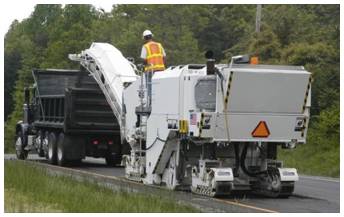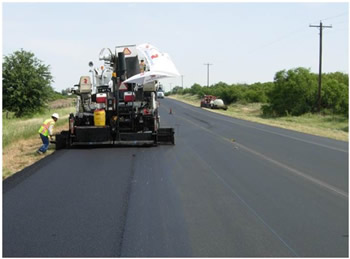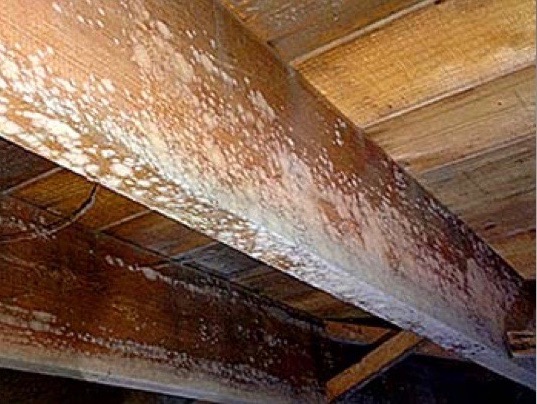

Webmaster: Stansfeld, LLC. |
|
|

APRIL 2014 MEETING
Wednesday, April 9, 2014 (3.0 PDH)
TECHNICAL PROGRAM
Workshop: Creating Value in Texas Construction Using Lime
Speaker:
Jon Epps, Ph.D., P.E., Executive Associate Director of the Texas Transportation Institute, Texas A&M University. Tel. No. 979-458-5709.
Dr. Epps began his career in 1968 at Texas A&M University with teaching, research, and extension responsibilities in the areas of construction materials and pavement maintenance, rehabilitation, reconstruction, recycling and design. He became Head of Division II of the Texas Transportation Institute (1975) and the Materials Engineering Division of the Civil Engineering Department (1981.) In 1982 he joined the Civil Engineering Department of the University of Nevada, Reno, serving as Chairman (1984-1986) and Dean of the College of Engineering (1986-1993). He joined Granite Construction, Inc. in 2000 and served as Engineering Services Manager and Recycling Manager before returning to the Texas Transportation Institute and the Civil Engineering Department in January 2010.
Dr. Epps has published more than 250 papers and made more than 350 formal presentations with topics including asphalt binders, asphalt mixtures, maintenance management systems, maintenance and rehabilitation treatments, recycling, design, economics of pavement systems and energy and environmental considerations associated with maintenance and rehabilitation alternatives. His 40 year career includes research and placement experience for a wide variety of hot mix asphalt systems. Jon has extensive experience with flexible pavement maintenance, rehabilitation, reconstruction, and design in both an academic/research/implementation setting and with a large national construction company. His research and implementation with chip seals, slurry seal and thin hot mix asphalt overlay systems, maintenance management systems and pavement management systems is extensive, and includes the placement and performance monitoring as well as contractor oriented design, placement and warranty experience.
Dr. Epps has been on the Board of Directors for the American Society of Testing and Materials (ASTM) and Chair of several ASTM subcommittees. He has served as chair of two Transportation Research Board (TRB) committees and a TRB Section. He is past president of the Association of Asphalt Paving Technologist (AAPT) and the International Society of Asphalt Pavements (ISAP). Dr. Epps has received awards from Texas A&M University for teaching and research, from the National Asphalt Pavement Association (NAPA) and ASTM. He has also received outstanding paper awards for papers on recycling and hot mix asphalt mixture design from AAPT.
PRESENTATION SUMMARY
 To an audience of 53 attendees, Dr. Epps provided a substantial amount of information on the use of lime with asphalt including design goals versus product life versus cost, testing, climate effects (warm versus freeze), recycling, etc. The workshop was divided into three categories: the use of lime in asphalt with benefits, the use of Reclaimed Asphalt Pavement (RAP) and Recycled Asphalt Shingles (RAS) in asphalt mixtures, and designing and constructing asphalt pavements.
To an audience of 53 attendees, Dr. Epps provided a substantial amount of information on the use of lime with asphalt including design goals versus product life versus cost, testing, climate effects (warm versus freeze), recycling, etc. The workshop was divided into three categories: the use of lime in asphalt with benefits, the use of Reclaimed Asphalt Pavement (RAP) and Recycled Asphalt Shingles (RAS) in asphalt mixtures, and designing and constructing asphalt pavements.
Lime can be used in asphalt mixtures to help solve various pavement performance problems. Types of premature pavement distress in asphalt pavements were discussed including raveling, rutting, bleeding, fatigue cracks, etc. Dr. Epps also presented data on the beneficial uses of lime that address premature distress.
The use of Reclaimed Asphalt Pavement (RAP) and Recycled Asphalt Shingles (RAS) in asphalt mixtures was discussed. A number of benefits of RAP/RAS were illustrated including reduced cost, energy requirements, emissions, etc. Approximately 5% of all asphalt is recycled. Dr. Epps also discussed a number of performance issues associated with RAP/RAS and how to properly design asphalt mix requirements for the site and conditions.
Warm mix asphalt (WMA) was also discussed at length. The benefits of WMA include a more durable pavement, better in place densities, better fatigue life, and lower permeability. Other benefits of WMA were also presented. Dr. Epps pointed out that the market share of WMA is increasing over other pavement types in most states.
Slides were shown to illustrate the principals of each topic.
 |
 |
|---|
To download a copy of the slide presentation please click here
|



